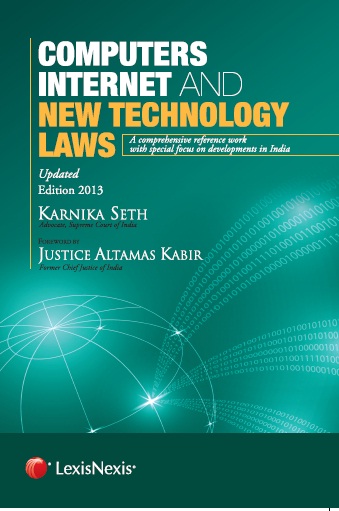Cyber Glossary
Cyberlaw dictionary is an alphabetical reference guide to technical and legal terms related to the Internet. The site you are now browsing contains over 500 definitions of words drawn from Standard Internet English including technical terms and their meanings. Our aim is to explain basic technical jargon of cyberspace to those who are not familiar with its jargon. We've given preference to terms that are widely used, like modem or bandwidth, and to those that describe new concepts specific to the Internet experience such as phishing or sexting.
Piracy
the unauthorized duplication and/or use and distribution of a software pro-gram. Buying a program usually allows the user a limited license for its use on a single computer. In the past, software manufacturers tried to discourage pi-racy by copy-protecting their products. However, because US copyright laws allow a legitimate holder of a program to make a backup disk, measures such as owner registration have been used to discourage unauthorized use. Aside from being illegal, there are several other reasons for not using pirated software. Among them, the user gets no operating manual, no technical support, and runs the risk of introducing viruses into a computer by installing a bootlegged program.














